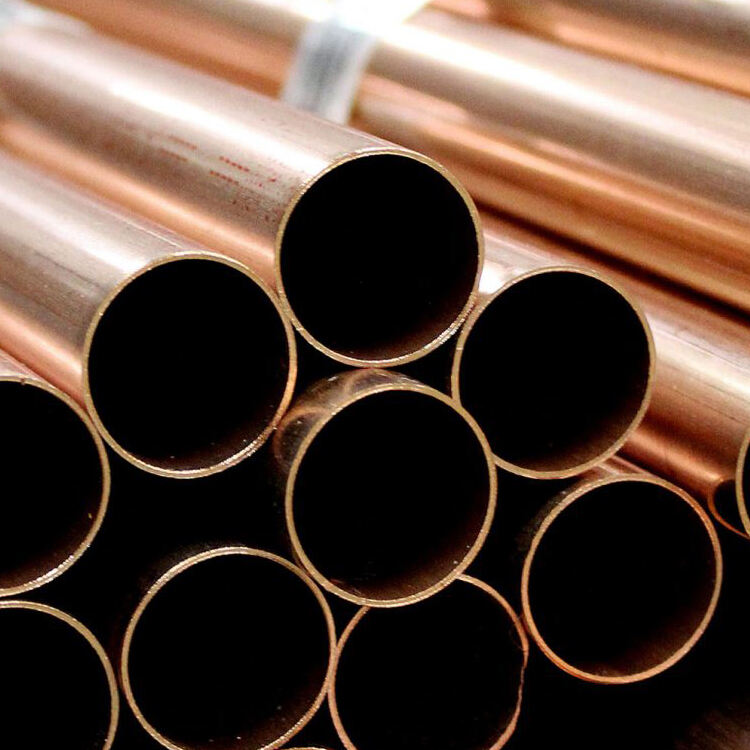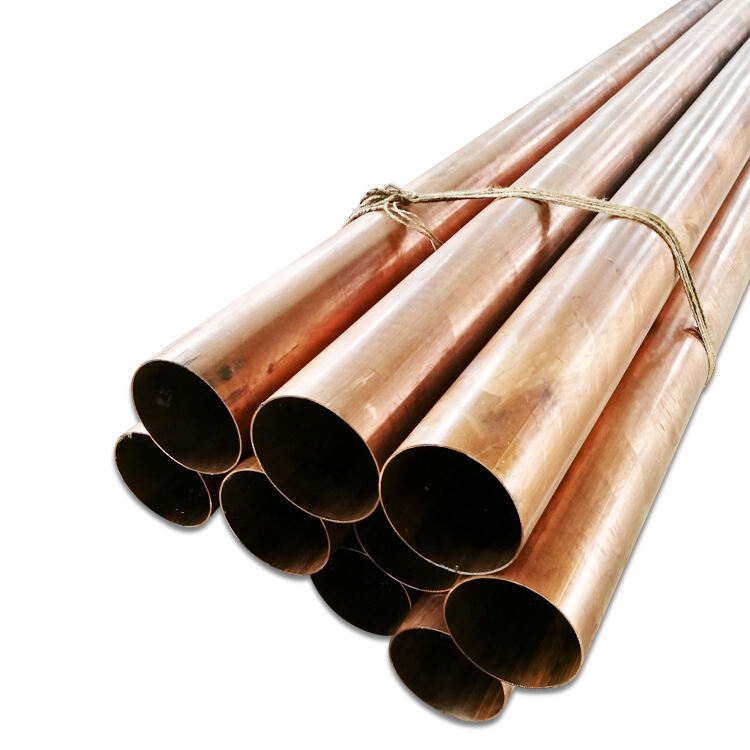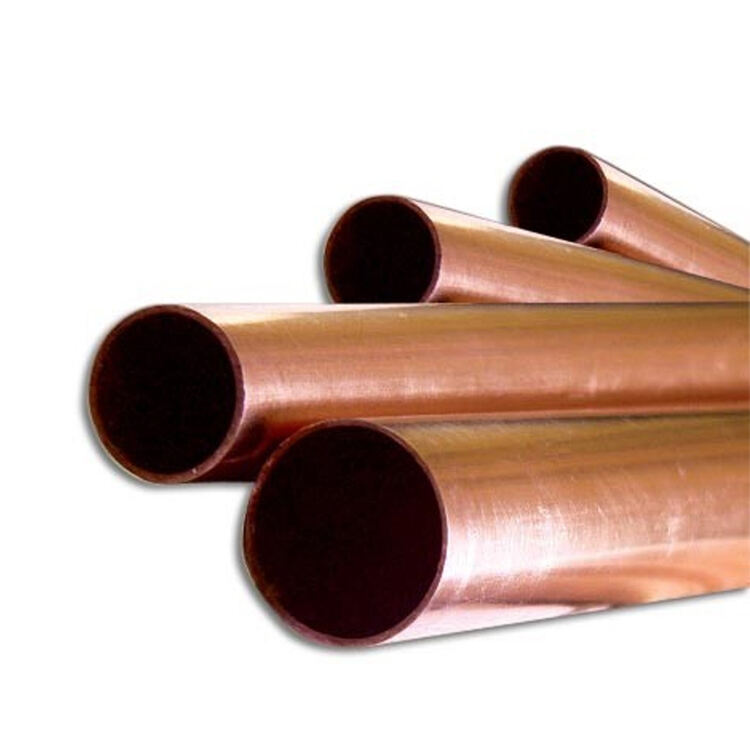You should consider the thin copper piping made by Xinye metal for corrosion resistance, strength and cost-effectiveness if you need a plumbing solution. This article will explore in detail the numerous advantages of thin copper sheets applicable to plumbing, underfloor heating and HVAC. So read on and learn why thin copper piping is a great choice for your projects!
There are several good reasons why thin copper piping is an intelligent and prudent choice for plumbing. For one, copper is a pretty tough material, capable of lasting a very long time with minimal upkeep. In other words, once you install it, you won’t be replacing it regularly, which can save you time and money in the long term. You can set it up and forget about it for years, assured that it will continue to perform splendidly.
Second, copper has special properties that prevent germs. Which helps to prevent bacteria and mold from growing in the pipes. This makes it a safe choice for plumbing systems; the water that travels through it is safe and clean for you and your family. Also, copper does not rust as easily as other materials, helping to avoid leaks or broken pipe. Read as a reliable material that you can trust to provide protection for your water.
Finally, the thin copper piping is really flexible, meaning you can use it for hot and cold water. It can withstand high temperatures and even has great heat resistance properties. This property is why it is ideal for a wide variety of plumbing applications in homes and businesses. It is also able to handle high water pressure so you can rest assured that it will do its job under pressure.

In addition, thin copper piping is relatively easy to install. That ease of installation ultimately lowers labor costs and keeps the job from taking too long to complete. It is simple to work with making the installation process easier for the plumbers which is a major advantage. Its innate germ-fighting ability also safeguards your water system, helping give you peace of mind. Thin copper piping a great long term, cost conscious choice for any of your plumbing project.

In addition, copper piping is extremely malleable and can be molded and bent to suit various HVAC layouts. The fact that it can adapt is a major benefit because it means that HVAC technicians can build the best layout possible to achieve excellent performance with the system. And it's natural germ-fighting ability helps keep everyone healthy and safe by keeping germs out of the system.

So a thicker 14 or 12 gauge is better for plumbing systems to withstand the high water pressure and better capability of withstanding any future modifications. In underfloor heating, the priority is heat transfer through copper, so a thinner gauge (like 18 or 20) is acceptable as it keeps the copper's properties intact. Middle gauge, like 16 or 14, is ideal for HVAC systems because it balances strength and heat transfer.